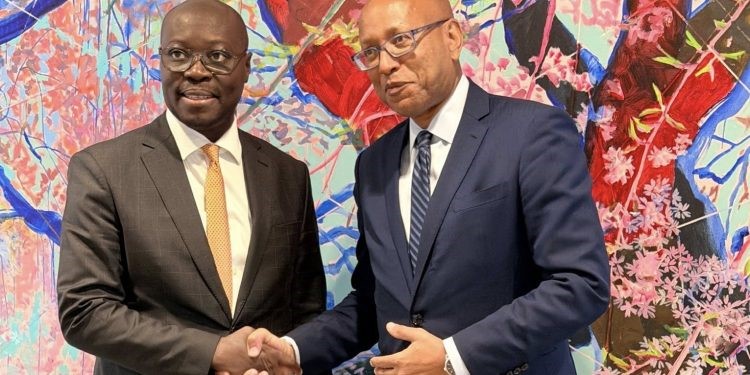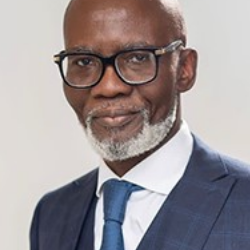Finance Minister Dr. Cassiel Ato Forson has announced that the government is finalizing a comprehensive Oil Palm Plantation Policy to be featured in the 2026 Budget, as part of efforts to drive agricultural transformation and job creation.
The policy follows discussions between Dr. Ato Forson and Mr. Ethiopis Tafara, Regional Vice President for Africa at the International Finance Corporation (IFC), on strengthening collaboration to boost Ghana’s agricultural sector.
According to the Minister, the new oil palm initiative will form a key pillar of the government’s strategy to turn agriculture into a major engine of employment, industrialization, and economic growth.
“The potential is enormous. With the right investment and partnerships, we believe Ghana can create over 500,000 jobs across the value chain, from cultivation and processing to manufacturing and exports, through the development of these strategic crops,” Dr. Ato Forson said in a Facebook post.
He stressed that transforming agriculture at this scale will require patient, sustainable financing, noting that the government is partnering with global development institutions to mobilize long-term capital and stimulate private investment.
“I also emphasized that such large-scale agricultural transformation requires patient capital, and we are therefore working closely with the World Bank, IFC, and other development partners to mobilize financing and catalyze private sector participation,” he noted.
Dr. Ato Forson further explained that the initiative aligns with the government’s broader plan to develop economic crops and position agriculture as a foundation for inclusive national growth.
“Ghana is ready to move. Together with our partners, we will harness the power of agriculture to deliver inclusive growth, create jobs, and place economic crops at the heart of our nation’s transformation agenda.”
The finance minister added.
“The upcoming Oil Palm Plantation Policy will define a clear framework for developing the oil palm value chain — from cultivation to processing — positioning it as a strategic driver of Ghana’s long-term economic development,” he further remarked.






